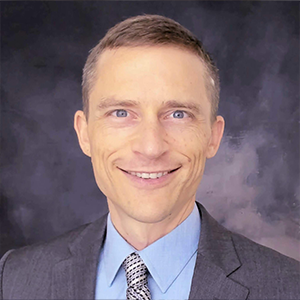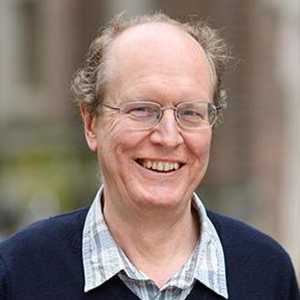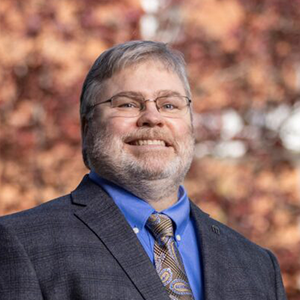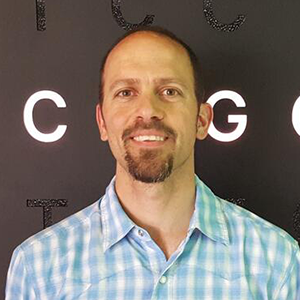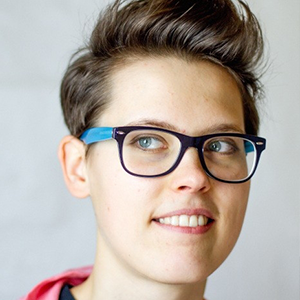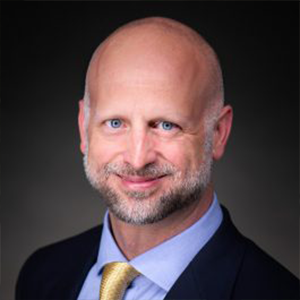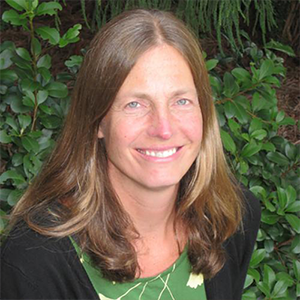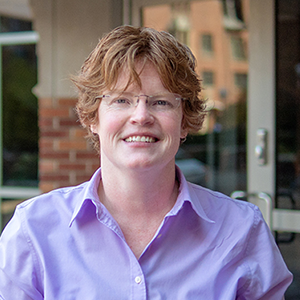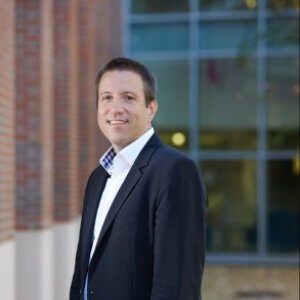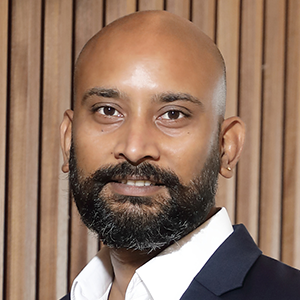
Vijaykrishna Dhanasekaran
Assistant Professor
Division of Public Health Laboratory Sciences
University of Hong Kong
Topic: Phylogeography of influenza B
Professor Vijaykrishna Dhanasekaran was appointed as Associate Professor in the School of Public Health (SPH) at HKU in 2020. Before joining SPH, he was faculty at Duke-NUS Medical School Singapore from 2010 and Monash University Australia from 2016, and prior to that a postdoctoral fellow and research assistant professor at HKU Department of Microbiology. He has a BSc, MSc and MPhil from University of Madras (1994-2000), and a PhD in microbial ecology and evolution from HKU (2002-2005).
Professor Dhanasekaran is head of Pathogen Evolution lab. His primary research focus is on the genomic evolution and epidemiology of rapidly evolving viruses such as SARS-CoV-2, influenza, RSV, and others. By conducting epidemiological studies across Asia-Pacific, and through integration of genomic datasets with clinical and immunological data, his group aims to advance understanding of the genetic and ecological factors that determine the emergence and distribution of infectious diseases. Professor Dhanasekaran has published over 100 research articles with >10,000 citations.
He is on the editorial board of Communication Medicine and Frontiers in Virology. He can be followed on twitter at @vijay_lab.
